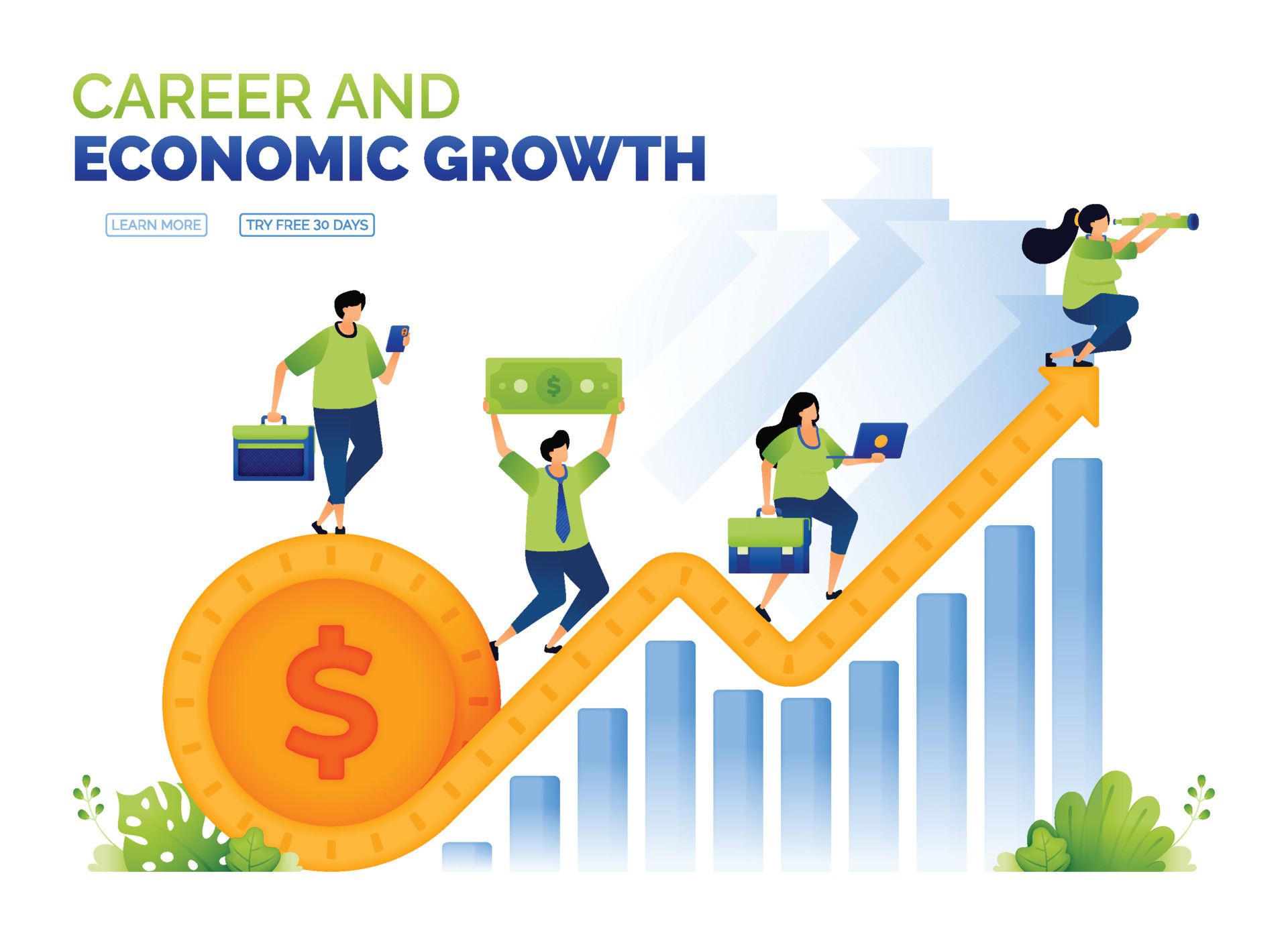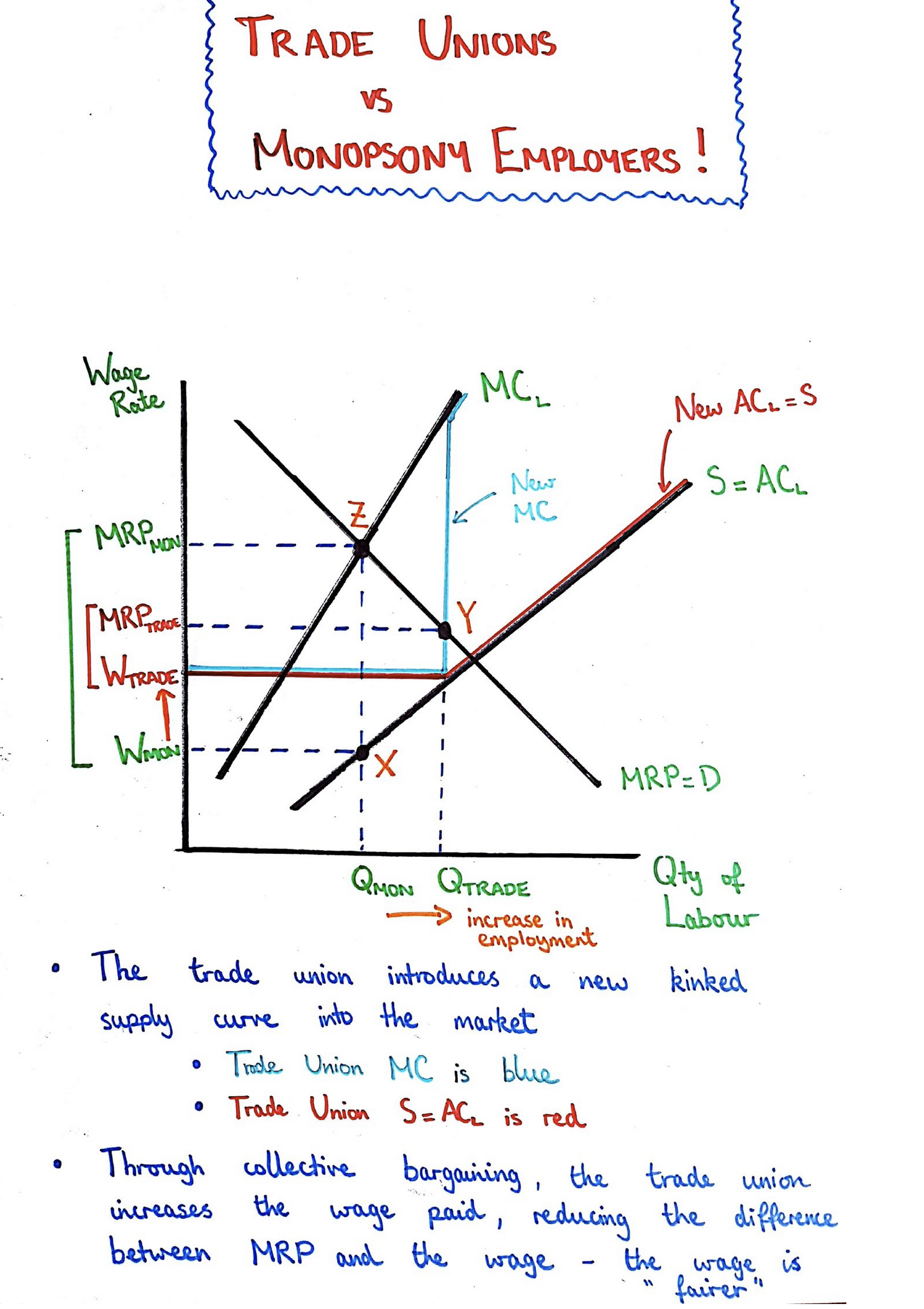Editor's Note: Minimum Wage Increase: Impact On Economic Growth And Employment was last updated on December 13, 2022. This topic is important because it can have a significant impact on the economy and the lives of low-wage workers.
Key Differences Between Minimum Wage Increase: Impact On Economic Growth And Employment
| Key | Difference |
|---|---|
Main Article Topics
- The Economic Impact of Minimum Wage Increases
- The Employment Impact of Minimum Wage Increases
- The Regional Impact of Minimum Wage Increases
FAQ: Minimum Wage Increase: Impact On Economic Growth And Employment
This FAQ section aims to provide clear and concise answers to frequently asked questions and misconceptions surrounding the impact of minimum wage increases on economic growth and employment.

Investment App Vector Art, Icons, and Graphics for Free Download - Source www.vecteezy.com
Question 1: Does raising the minimum wage lead to higher unemployment?
Studies show that the impact of minimum wage increases on employment is complex and varies depending on factors such as the size of the increase, regional economic conditions, and industry composition. While some job losses may occur in certain sectors, research suggests that overall employment levels tend to remain stable or even increase.
Question 2: How does a minimum wage increase affect economic growth?
The relationship between minimum wages and economic growth is not straightforward. Minimum Wage Increase: Impact On Economic Growth And Employment Some studies suggest that modest increases in the minimum wage can stimulate economic growth by boosting consumer spending and reducing income inequality. However, larger increases or sudden changes may have adverse effects on businesses and hinder growth.
Question 3: Does raising the minimum wage reduce poverty?
Yes, increasing the minimum wage has been shown to effectively reduce poverty rates. By providing low-income workers with higher earnings, it directly lifts individuals and families above the poverty line and increases their economic security.
Question 4: Can minimum wage increases lead to inflation?
While raising the minimum wage can contribute to some inflationary pressures, studies indicate that the impact on overall inflation is generally modest. The extent to which inflation occurs depends on factors such as the size of the wage increase, productivity gains, and the response of businesses and consumers.
Question 5: How does a minimum wage increase affect small businesses?
The impact of minimum wage increases on small businesses can vary. While some small businesses may face increased labor costs, others may benefit from increased consumer spending and a more skilled workforce. The size of the increase, the industry, and the ability to pass on costs to customers all influence the impact on small businesses.
Question 6: What are alternative ways to address low-wage employment?
In addition to minimum wage increases, several other policy approaches can be considered to address low-wage employment, such as expanding earned income tax credits, providing subsidized childcare, investing in job training programs, and promoting labor unionization. The optimal approach depends on the specific circumstances and priorities of each society.
These frequently asked questions provide a deeper understanding of the complex relationship between minimum wage increases and economic growth and employment. It highlights the need for careful consideration of factors such as the size of the increase, regional economic conditions, and alternative policy measures to optimize the benefits and mitigate potential negative consequences.
To further explore this topic, refer to the comprehensive article, Minimum Wage Increase: Impact On Economic Growth And Employment.
Tips
Various studies have been conducted to understand the impact of minimum wage increase on economic growth and employment. Here are several tips to consider when examining this topic:
Tip 1: Examine the impact on low-wage workers.
Consider the potential impact of minimum wage increase on the earnings and economic well-being of low-wage workers, considering factors such as their income levels, expenses, and access to benefits.
Tip 2: Evaluate the effect on employment levels.
Analyze the impact of minimum wage increase on employment levels, particularly in sectors with a high proportion of low-wage workers. Examine the potential for job loss, job creation, or changes in working hours.
Tip 3: Assess the impact on inflation.
Consider the potential for a minimum wage increase to contribute to inflation, examining factors such as the extent of the wage increase, the level of economic activity, and the responsiveness of businesses and consumers to price changes.
Tip 4: Consider the regional variations and industry effects.
Recognize that the impact of minimum wage increase may vary across different regions and industries, depending on factors such as cost of living, labor market conditions, and industry structure.
Tip 5: Examine the potential for unintended consequences.
Identify and evaluate any potential unintended consequences of minimum wage increase, such as changes in employee benefits, reduced investment in training and development, or shifts in consumer spending patterns.
Minimum Wage Increase: Impact On Economic Growth And Employment
The potential effects of a minimum wage increase on economic growth and employment are complex and multifaceted, encompassing a range of variables. To better understand these impacts, six key aspects warrant examination:
- Labor Market Dynamics: Wage increases can alter employer hiring practices and employee availability.
- Consumer Demand: Increased wages boost consumer spending power, potentially stimulating economic growth.
- Business Costs: Wage hikes may burden businesses with higher labor expenses, affecting profitability and investment.
- Income Inequality: Minimum wage increases aim to reduce income disparities, potentially improving economic equity.
- Regional Disparities: The impact of wage increases can vary regionally, depending on economic conditions and industry composition.
- Technological Advancements: Automation and other technological advancements may mitigate job losses associated with wage increases.
The interplay of these factors complicates the assessment of the overall impact of minimum wage increases. In some cases, modest increases may stimulate economic growth and reduce income inequality. However, significant increases can lead to job losses and hinder business investment. Careful consideration of these aspects is crucial when policymakers evaluate minimum wage adjustments, balancing the potential benefits and risks to ensure sustainable economic development.

What Is Minimum Wage In Connecticut 2024 Uk - Glenn Kalinda - Source nomiykerrill.pages.dev
Minimum Wage Increase: Impact On Economic Growth And Employment
There is a complex relationship between the minimum wage, economic growth, and employment. On the one hand, raising the minimum wage can lead to increased wages for low-wage workers, which can then lead to increased spending by these workers. This increased spending can then have a ripple effect through the economy, leading to increased growth. On the other hand, raising the minimum wage can also lead to job losses, as businesses may not be able to afford to pay their employees the higher wage. The net effect of a minimum wage increase on economic growth and employment is therefore highly uncertain and depends on a number of factors, such as the size of the minimum wage increase, the state of the economy, and the specific industry or sector in which the increase is implemented.
HOW TRADE UNIONS AFFECT WAGES AND EMPLOYMENT IN LABOUR MARKETS: AQA - Source www.mrbanks.co.uk
The relationship between the minimum wage, economic growth, and employment is a complex one that has been studied by economists for decades. There is no consensus on the impact of a minimum wage increase on these factors, and the evidence is often contradictory. However, the studies that have been done suggest that the impact of a minimum wage increase is likely to be small. In the United States, for example, a study by the Congressional Budget Office found that a $1 increase in the minimum wage would lead to a 0.1% increase in economic growth and a 0.1% decrease in employment. Another study, by the Center for Economic Research, found that a $1 increase in the minimum wage would lead to a 0.2% increase in economic growth and a 0.1% decrease in employment.
The impact of a minimum wage increase on economic growth and employment is likely to vary depending on the specific circumstances. In some cases, a minimum wage increase may lead to increased economic growth and employment. In other cases, it may lead to decreased economic growth and employment. The key is to weigh the potential benefits and costs of a minimum wage increase before making a decision.
| Scenario | Impact on Economic Growth | Impact on Employment |
|---|---|---|
| Small minimum wage increase in a strong economy | Small positive impact | Small negative impact |
| Large minimum wage increase in a weak economy | Small negative impact | Large negative impact |
